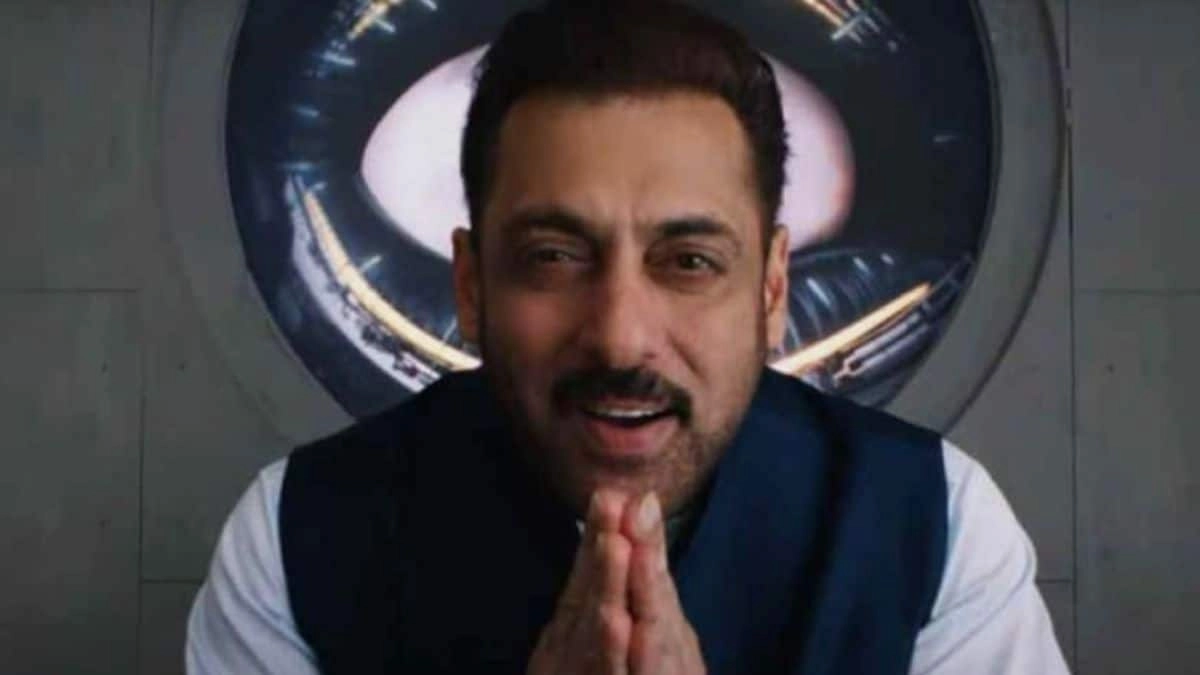Janhvi Kapoor recently opened up about the profound emotional turmoil she experienced following her mother, Sridevi’s tragic death. In an interview, she reflected on the intense public scrutiny and trolling that ensued after the loss of her beloved mother. For Janhvi, the grieving process was not just a personal experience; it was amplified by the fact that the entire nation seemed to engage in a spectacle around her family’s sorrow. She expressed the pain of having to navigate her grief in the public eye, stating, “Imagine losing your mother and it’s entertainment for half the nation.” This statement encapsulates the heart-wrenching reality of dealing with personal tragedy while being subjected to external judgments and opinions.
The impact of losing Sridevi, a celebrated actress and an iconic figure in Indian cinema, was monumental for Janhvi and her family. Sridevi was not only a mother but also a guiding force in Janhvi’s life and career. The constant media attention following her passing made it even more challenging for Janhvi to process her emotions. She emphasized that the trolling and sensationalism surrounding her family’s grief were deeply hurtful and added an extra layer of difficulty to an already painful situation. This experience highlighted the often harsh realities of fame, where personal loss becomes fodder for public discussion, leaving those affected feeling even more isolated.
Janhvi’s candid remarks shed light on the broader issue of how society often treats the private lives of public figures as entertainment. It raises questions about the ethics of media coverage and the responsibilities of the audience. The anguish of losing a loved one is universal, yet the added burden of public scrutiny is something that many can hardly comprehend. Janhvi’s openness about her struggles serves as a reminder of the human side of celebrity and the compassion that should accompany discussions about their lives. Ultimately, her reflections reveal the complexities of grief and the need for empathy in a world that often prioritizes sensational narratives over human experiences.




